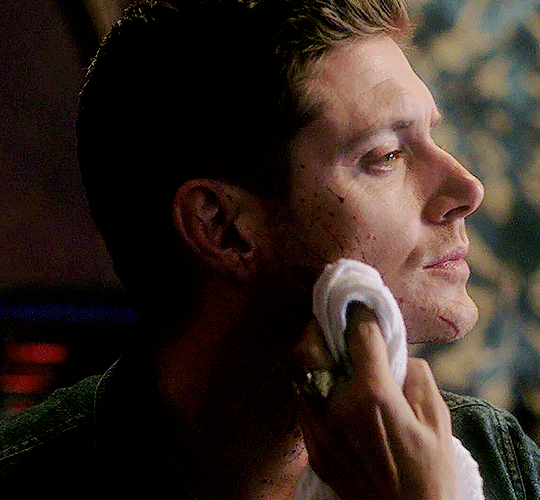#pamela
Explore tagged Tumblr posts
Text

I've seen this miraculous girl on tumblr a few times and have never been able to figure out who she is. Until recently. Thanks to the help of a couple committed followers I found out that this photo (and a handful of other really equally excellent ones) was taken by photographer @picturesbyjos, who happens to be on tumblr. And I've reached out to him and at least now have a first name, which is Pamela. Apparently she once had an instagram, which is now gone, so she's def a bit of a mystery, but maybe she'll see this poster one day and give me a bit more info but for now she is Pamela as shot by @picturesbyjos and she is just so so stunning. I've mentioned before that I don't really really have a "type"—I like girls of all kinds, but if I do, then I think in this case you could say my type is "Pamela". Literally everything about her. This shot is very serious and model-y and was just right for a poster, but there are others that showcase Pamela's attitude and sass, and yup, my type also. Unf.
61 notes
·
View notes
Text


Pamela Anderson wearing Wheels & Dollbaby 🎀
#pamela anderson#2000s fashion#2000s nostalgia#2000s#2000s icon#iconic#icon#girlblogging#girl core#hell is a teenage girl#makeup#girlcore#girlhood#pamela#coquette dollete#coquette aesthetic#coquette#lana del slay#lana is god#pretty#paparazzi#photo#gaslight gatekeep girlblog#just a girlblog#girlblog aesthetic#gaslight gatekeep girlboss#this is a girlblog#girl blog aesthetic#girl boss gaslight gatekeep#girl blogger
26 notes
·
View notes
Text

I'm obsessed with this dumb face for chibi Pamela lately
#giantess#giantess growth#macrophilia#chibi#kemonomimi#dog girl#art#my art#oc#original character#Frostburn#Pamela
27 notes
·
View notes
Text

✿ pamela anderson ✿
#girlblogging#just girly things#girly aesthetic#girly blog#pamela anderson#pamela#the last showgirl#gia coppola#90s#90s films#90s style#90s fashion#90s nostalgia#icons#90s aesthetic#1990s fashion#1990s nostalgia#it girl#pretty#girly stuff#girl blog#girly#im just a girl#femme fatale#fashion icon#fashion inspo#las vegas#vegas showgirl#movie star#gwiazda
180 notes
·
View notes
Text
Pet

152 notes
·
View notes
Photo



DEAN WINCHESTER in one random episode per day ‣ 62/327 14.10 NIHILISM
#spnedit#deanedit#dean winchester#deanwinchesteredit#supernatural#supernaturaledit#14.10#randomep#pamela
2K notes
·
View notes
Text

#klonoa#klonoa fan art#klonoa door to phantomile#klonoa pamela#pamela#klonoa huepow#huepow#fan art#digital art#tumblr art#art#drawing#painting#namco#milaisa art
173 notes
·
View notes
Text

Merry Christmas!!
93 notes
·
View notes
Text

Surfing 🌺
#my art#digital art#fanart#our life beginnings & always#Mc mums#Noelani#Pamela#OL#Our life#Surfing#This was in my procreate for months like holy shit#I used referenced from pinterest#Moms
84 notes
·
View notes
Text




Pam or Pamela whatever Doove appreciation post




#pam#pamela#doove#pam doove#pamela doove#reece Shearsmith#Shearsmith#reece#tlog#the league of gentlemen#league of gentlemen#log#mark gatiss#steve Pemberton
63 notes
·
View notes
Text


Pam-a-lama-ding-dong.
203 notes
·
View notes
Text










princess pam 💗
#2000s#nostalgia#y2k#2000s nostalgia#2000s aesthetic#mcbling#2000s fashion#early 2000s#pamela anderson#pam anderson#2000s style#2000s core#2000s tv#pink y2k#y2k vibes#y2kcore#late 90s#90s aesthetic#90s#90s fashion#90s supermodels#90s style#playgirl#90s runway#90s nostalgia#fashion model#pamela#y2k nostalgia#y2k aesthetic#y2k fashion
141 notes
·
View notes

